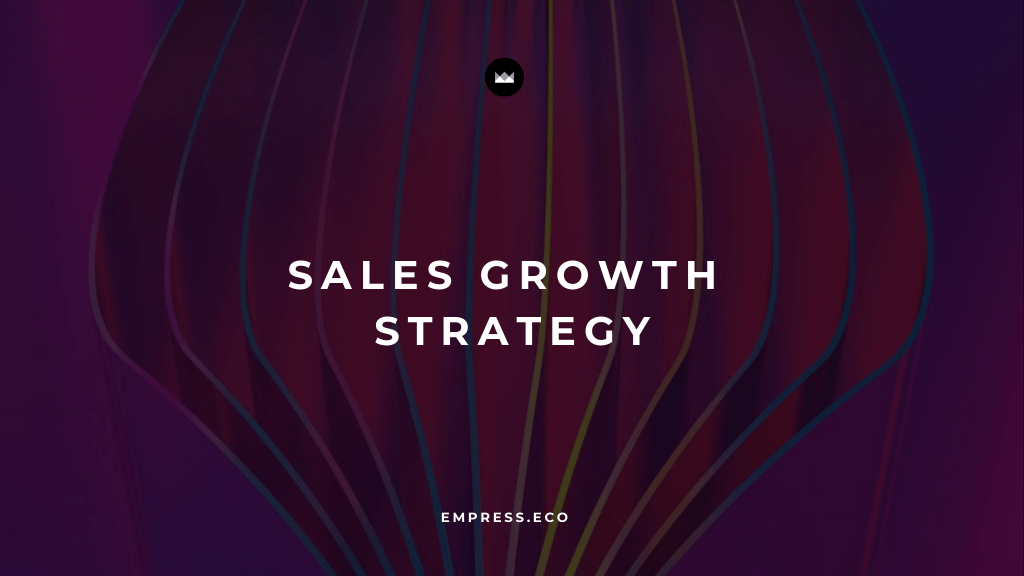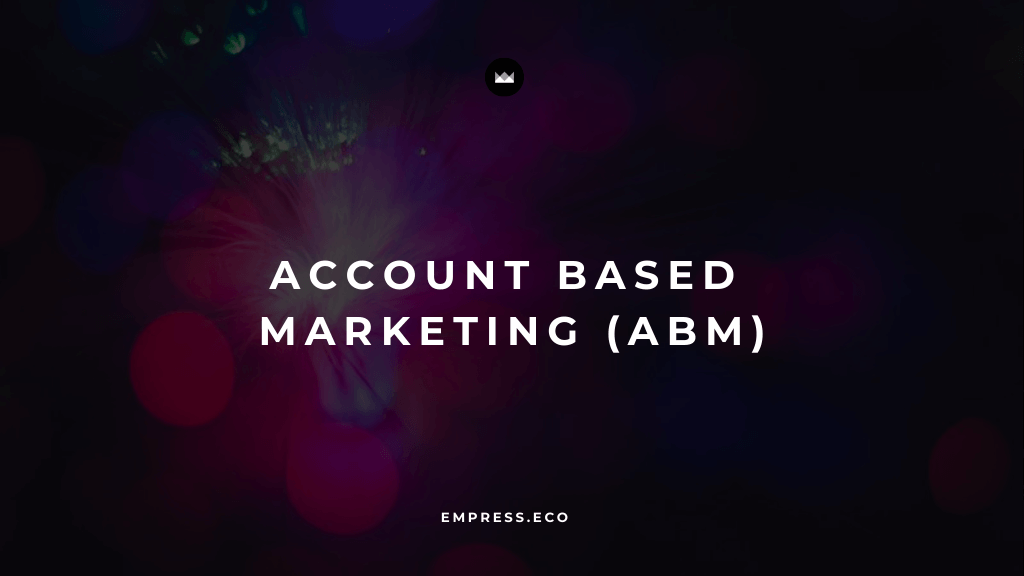In today's digital age, consumers are inundated with information, making it increasingly challenging for businesses to capture and retain their attention. Personalized engagement has emerged as a powerful strategy in lead generation, enabling businesses to tailor interactions that build trust and drive conversions. This blog explores the importance of personalized engagement and outlines effective strategies for implementing it in lead generation efforts.
Understanding Personalized Engagement
Personalized engagement in lead generation involves customizing marketing efforts and communications to resonate with the unique preferences, behaviors, and needs of individual leads or audience segments. This approach enhances engagement, builds trust, and increases the likelihood of conversion by making interactions more relevant and meaningful.
The Importance of Personalized Engagement
Personalized engagement is not just a buzzword; it is a critical component of successful lead generation. According to research, 75% of business buyers expect companies to provide personalized experiences, and 76% of consumers get frustrated when this doesn't happen . Personalized interactions foster a deeper connection with leads, making them feel valued and understood, which is essential for building trust and loyalty.
Key Strategies for Personalized Engagement
To effectively implement personalized engagement in lead generation, businesses should consider the following strategies:
Audience Segmentation
Segmenting your audience based on demographics, behavior, and preferences is the foundation of personalized engagement. By dividing your audience into distinct segments, you can tailor your messaging and offers to address the specific needs and interests of each group .
Steps for Effective Audience Segmentation:
- Data Collection: Gather data on your audience's demographics, behaviors, and preferences.
- Segmentation Criteria: Define criteria for segmenting your audience, such as age, location, purchase history, and interests.
- Create Segments: Divide your audience into distinct segments based on the defined criteria.
- Tailored Messaging: Develop personalized messages and offers for each segment.
Developing Detailed Buyer Personas
Creating detailed buyer personas helps you understand your ideal customers' needs, challenges, and preferences. These personas guide your personalized marketing efforts, ensuring that your content and communications are relevant and impactful .
How to Develop Buyer Personas:
- Research: Conduct surveys, interviews, and market research to gather information about your customers.
- Identify Patterns: Analyze the data to identify common characteristics and behaviors.
- Create Personas: Develop detailed profiles for each persona, including demographics, goals, pain points, and preferred communication channels.
- Use Personas: Tailor your marketing strategies and content to align with the needs and preferences of each persona.
Utilizing Dynamic Content
Dynamic content allows websites and emails to adjust based on user behavior or preferences. For example, showing personalized product recommendations based on past purchases or browsing history can significantly enhance engagement and conversion rates .
Implementing Dynamic Content:
- Behavior Tracking: Use tools to track user behavior on your website and emails.
- Content Variation: Create different versions of content to cater to various user preferences.
- Personalized Delivery: Use marketing automation platforms to deliver the appropriate content based on user behavior.
**Example:**An e-commerce site that displays personalized product recommendations based on the customer's browsing history sees a 25% increase in sales.
Implementing Targeted Email Campaigns
Personalized email campaigns are highly effective in lead generation. By sending emails with relevant content and offers based on the recipient's interests or previous interactions with your brand, you can increase open rates, click-through rates, and conversions .
Strategies for Targeted Email Campaigns:
- Segmentation: Divide your email list into segments based on behavior and preferences.
- Personalized Content: Create email content tailored to each segment's interests.
- Behavioral Triggers: Use triggers such as abandoned cart reminders or post-purchase follow-ups to send timely and relevant emails.
**Example:**A travel company sends personalized travel package recommendations based on the customer's previous bookings and preferences, leading to a 30% increase in bookings.
Creating Customized Landing Pages
Customized landing pages tailored to specific audience segments or personas can address their pain points and offer solutions, making it easier to convert visitors into leads .
How to Create Customized Landing Pages:
- Segment-Specific Pages: Develop different landing pages for each audience segment.
- Personalized Messaging: Use messaging that resonates with the specific needs of each segment.
- Clear Call-to-Action: Ensure that each landing page has a clear and compelling call-to-action that encourages conversion.
**Example:**A software company creates different landing pages for small businesses, enterprises, and educational institutions, each highlighting features and benefits relevant to that segment, resulting in higher conversion rates.
Leveraging Marketing Automation
Marketing automation platforms enable businesses to deliver personalized content efficiently. Automated workflows can ensure that leads receive relevant information at the right time, based on their interactions with your brand .
Benefits of Marketing Automation:
- Efficiency: Automate repetitive tasks, freeing up your team to focus on strategy.
- Consistency: Maintain consistent communication with leads throughout their buyer journey.
- Personalization: Deliver personalized content based on user behavior and preferences.
**Example:**A B2B company uses marketing automation to nurture leads with personalized content, resulting in a 20% increase in lead-to-customer conversion rates.
Overcoming Challenges in Personalized Engagement
While personalized engagement offers numerous benefits, it also comes with challenges:
Data Privacy and Ethics
Navigating privacy concerns and ensuring compliance with data protection regulations, such as GDPR, is crucial. Ethical use of consumer data is essential to maintaining trust and avoiding legal issues .
Best Practices for Data Privacy:
- Transparency: Clearly communicate how you collect and use customer data.
- Consent Management: Ensure you have explicit consent from customers before using their data.
- Data Security: Implement robust security measures to protect customer data.
Data Quality
Ensuring accurate and up-to-date data is vital for effective personalization. Businesses must prioritize data cleansing and enrichment to maintain the integrity of their databases .
Strategies for Maintaining Data Quality:
- Regular Data Audits: Conduct periodic audits to identify and correct inaccuracies in your database.
- Data Enrichment: Supplement your data with additional information to provide a more complete picture of your customers.
- Use Reliable Sources: Ensure that the data you collect comes from reliable and accurate sources.
Balancing Personalization and Broad Reach
While personalization focuses on specific segments, businesses should avoid alienating other potential customer groups. A balanced approach that combines targeted and broad strategies can help maximize reach and impact .
Approach to Balancing Personalization and Broad Reach:
- Integrated Campaigns: Combine targeted campaigns with broader marketing efforts to reach a wider audience.
- Diverse Content: Create a variety of content types that appeal to different segments of your audience.
- Continuous Monitoring: Monitor the performance of both targeted and broad campaigns to ensure they are working together effectively.
Case Studies: Success Stories of Personalized Engagement
Amazon's Product Recommendations
Amazon's product recommendation engine is a prime example of successful personalization. By analyzing user behavior and purchase history, Amazon delivers personalized product suggestions, contributing significantly to its revenue .
Key Elements:
- Behavior Analysis: Track and analyze customer behavior and purchase history.
- Personalized Recommendations: Provide tailored product suggestions based on the analysis.
- Continuous Optimization: Regularly update and refine the recommendation algorithms to improve accuracy.
Coca-Cola's "Share a Coke" Campaign
Coca-Cola's "Share a Coke" campaign personalized the customer experience by printing individual names on bottles. This simple yet effective strategy resonated with consumers, driving engagement and sales .
Key Elements:
- Personalized Packaging: Print individual names on Coke bottles.
- Engagement Campaign: Encourage customers to share photos of their personalized bottles on social media.
- Broad Reach: Combine personalization with a broad marketing campaign to maximize impact.
Conclusion
Personalized engagement is a transformative strategy in lead generation, enabling businesses to build trust and drive conversions by tailoring interactions to individual preferences and needs. By leveraging audience segmentation, detailed buyer personas, dynamic content, targeted email campaigns, customized landing pages, and marketing automation, businesses can enhance their lead generation efforts and achieve higher conversion rates.
In an increasingly competitive digital landscape, embracing personalized engagement is essential for businesses aiming to connect with their ideal audience and drive sustained growth. By overcoming challenges related to data privacy and quality, and balancing personalization with broad reach, businesses can unlock the full potential of their lead generation strategies and foster long-term customer relationships.



